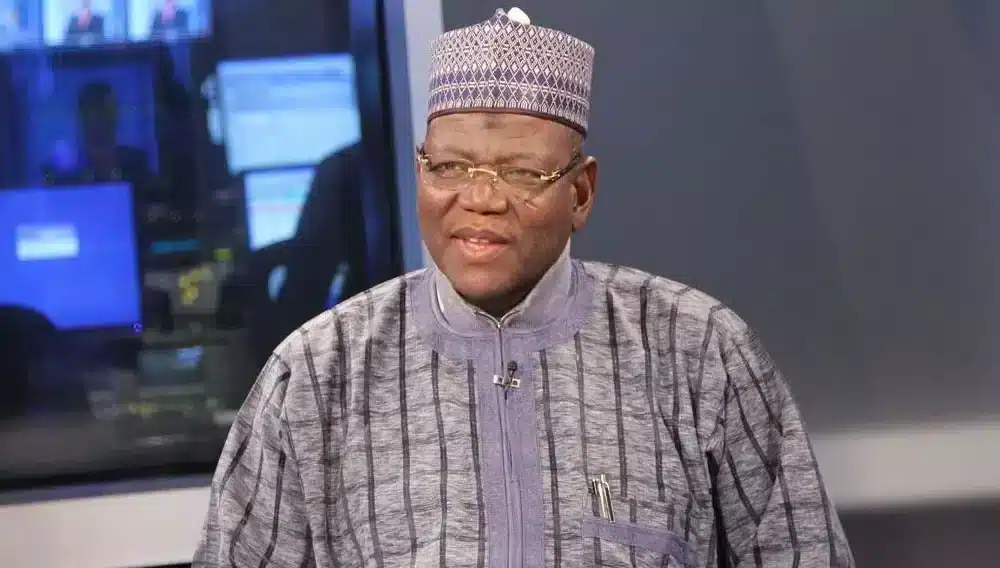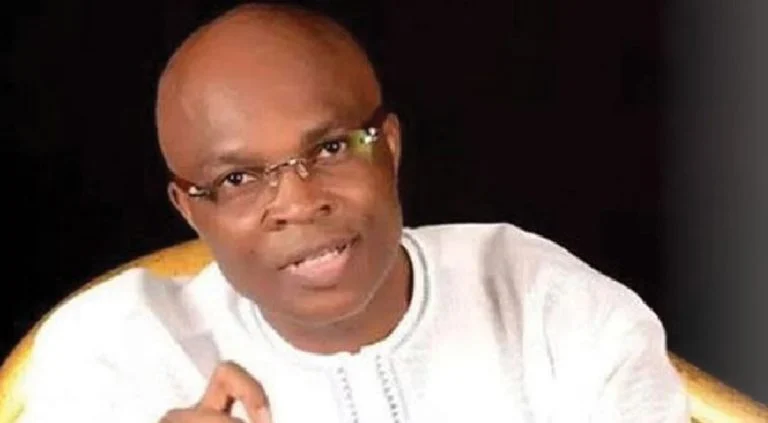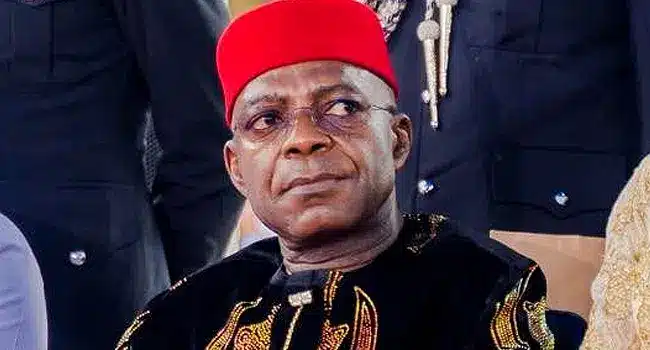Facing a challenging period, former Governor of Jigawa State Sule Lamido is upbeat about the Peoples Democratic Party’s ability to overcome its current leadership crisis.
In an interview with The Sun, Lamido acknowledged the intense internal disagreements, including demands for acting National Chairman Umar Damagun to step aside.
However, Lamido sees the current tumult as an inevitable part of the party’s journey, drawing on its rich history and the lessons it has learned.
Despite the turmoil, Lamido is convinced that the PDP has the political acumen and dedication to resolve the issues and emerge stronger.
In discussing the party’s challenges, Lamido noted that the PDP has faced similar struggles before, citing its complex and well-known history.
He attributes the leadership crisis to both internal and external factors, emphasizing the need for resolve and strong leadership to address the problems.
According to Lamido, the party’s biggest challenge lies not within its ranks, but in the judicial system, which he believes is failing the party and democracy in general.
Prior to the judiciary, Lamido emphasizes the significance of the party’s constitutional framework and the role it plays in guiding its operations.
He believes that political parties should adhere to their constitutions and norms, free from external interference, just as the Independent National Electoral Commission (INEC) oversees their activities and ensures fairness in elections.
Lamenting the current state of affairs, Lamido views the judiciary as a third department, beholden to the All Progressives Congress (APC), instead of impartially upholding the democratic process.
In a sharp critique, Lamido condemns the contradictory judgments emanating from various courts, which, in his opinion, threaten the very essence of democracy in Nigeria.
According to him, the decisions of different courts often contradict one another, even overturning those of the Supreme Court.
Lamido argues that the courts should only intervene when parties breach their internal processes or procedures for nominating candidates, emphasizing that internal decisions, such as who leads the party or its various committees, should remain with the party alone.



